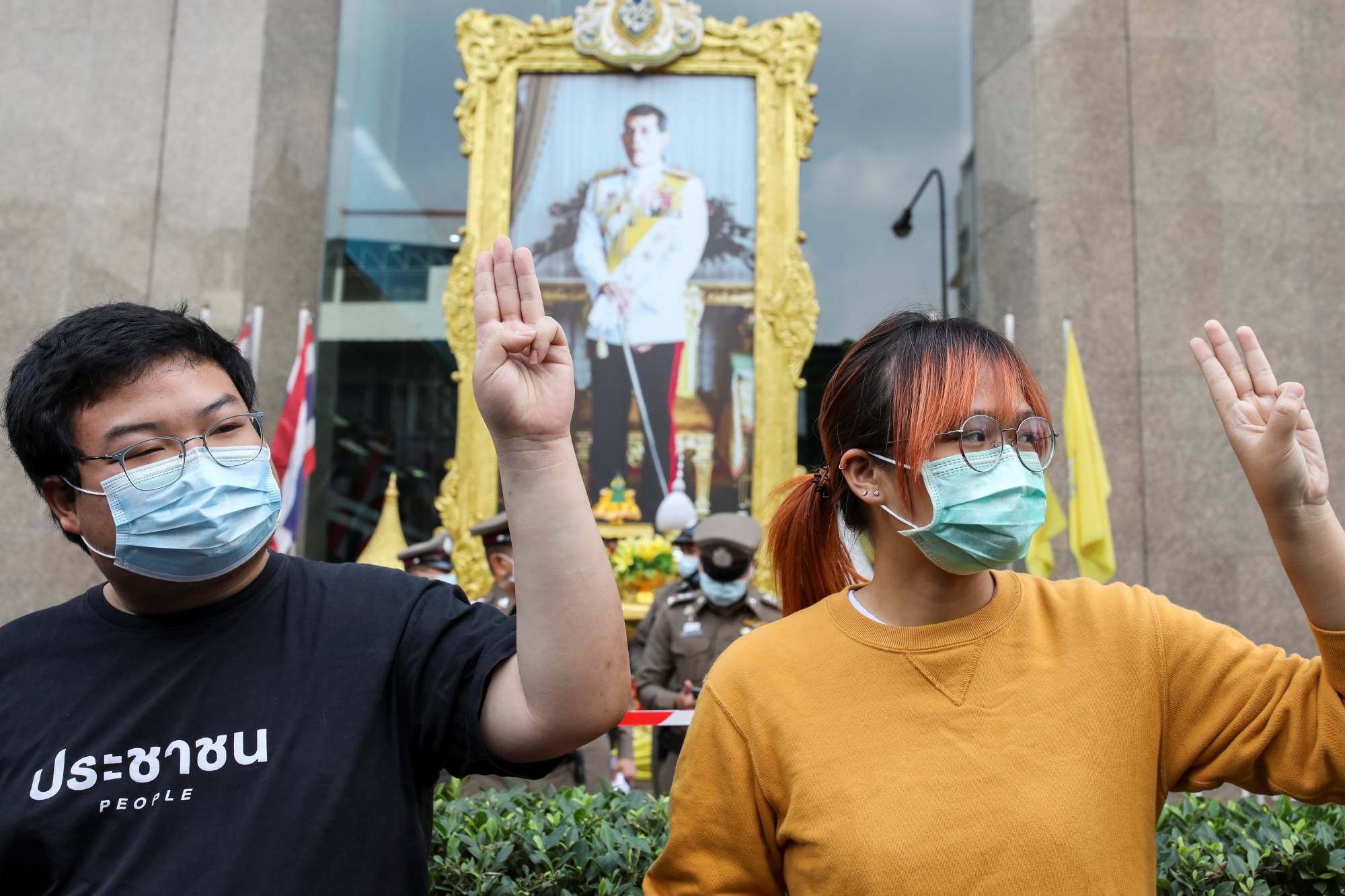After Thai King Maha Vajiralongkorn took the throne in 2016, he instructed the government to stop using a controversial law criminalizing royal insults that had often forced those charged to flee overseas.
Yet after months of protests targeting him personally and calling for a reduction in the monarchy’s powers, authorities are again ramping up use of the law. Since late November, some 55 activists who participated in the demonstrations are facing royal defamation lawsuits, according to the group Thai Lawyers for Human Rights.
The fresh charges appear to be a tactical shift in a bid to silence the key leaders of the protests, which have broken long-held taboos and started a public discussion about the monarchy — particularly among Thailand’s younger generations. Although the demonstrations have become less frequent in recent weeks as virus cases have surged, analysts warn that use of the law could backfire in the long run.



















With your current subscription plan you can comment on stories. However, before writing your first comment, please create a display name in the Profile section of your subscriber account page.